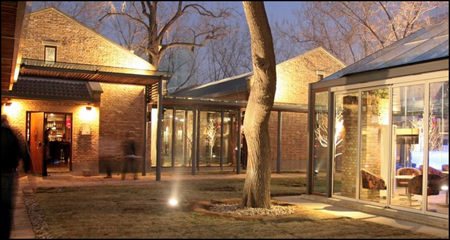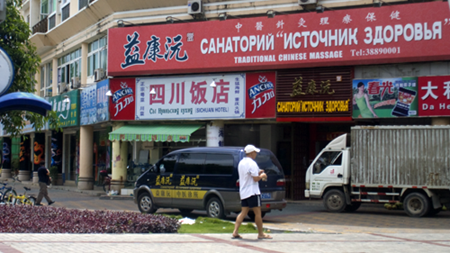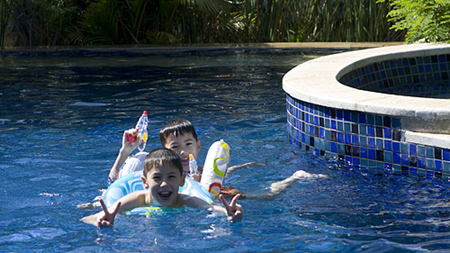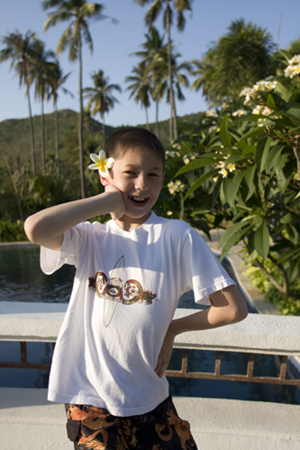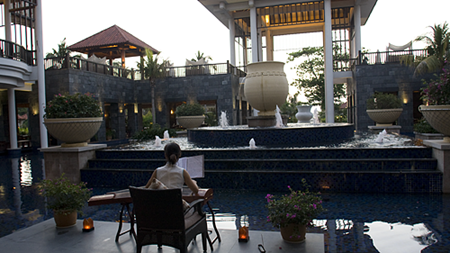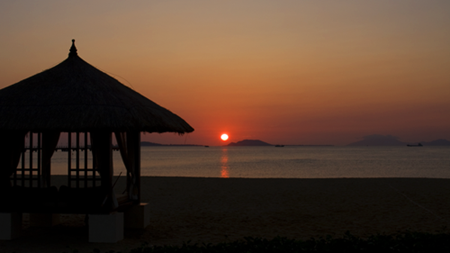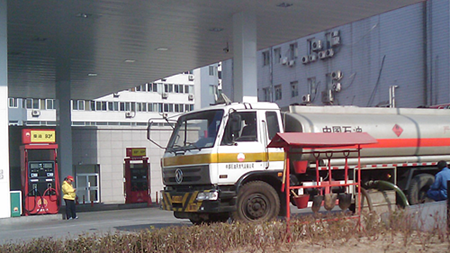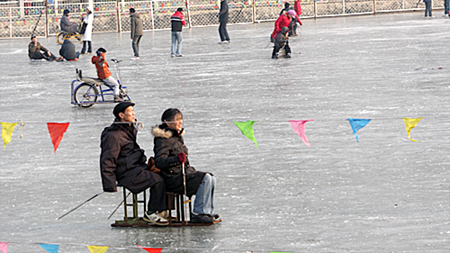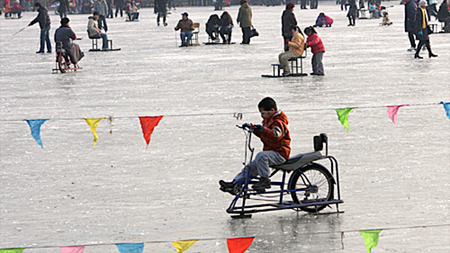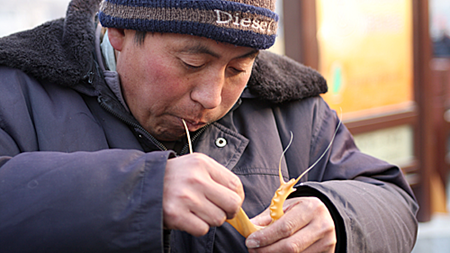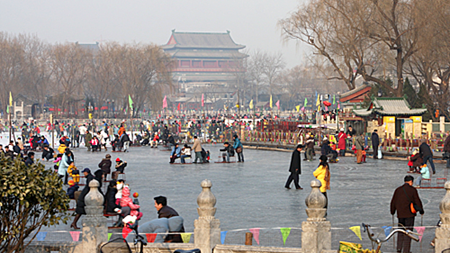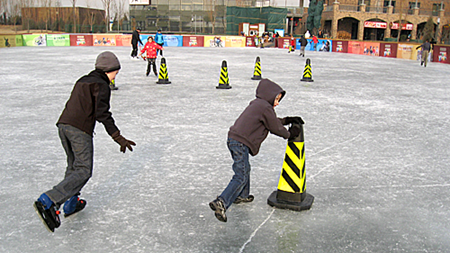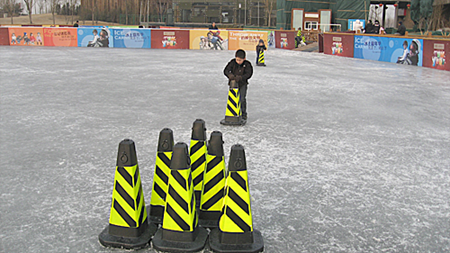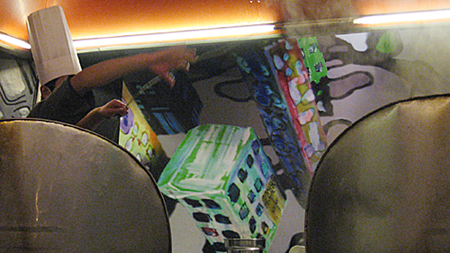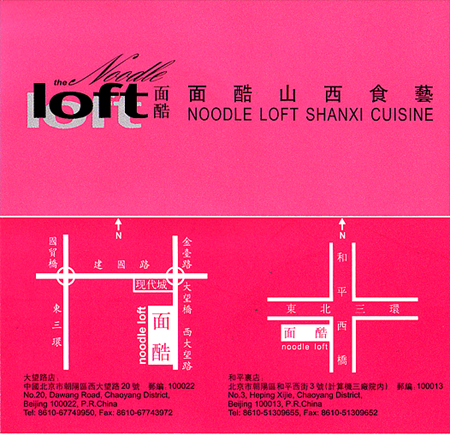This is the second of three articles on great Beijing restaurants in beautiful settings. The others are Duck de Chine and Green T. House Living.
Maison Boulud a Pekin
This is Daniel Boulud's latest restaurant and the first outside the US. The restaurant is in the old American Embassy in the newly renovated and very upscale Legation Quarter (it's also called the Ch'ien Men 23 area), once the location of foreign embassies, just off the east side of Tiananmen Square. (Here's the Wikipedia article on the historical Legation Quarter.)
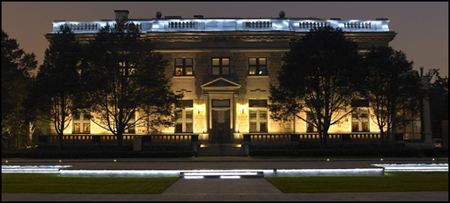
As you would expect from a Boulud restaurant, the food was perfectly prepared and the service almost spot on (one waitress had to call another person over to understand my "dirty martini" order). Like at the China Grill, it almost didn't feel like we were in China. My tasting menu with wine pairings was excellent (and they kept refilling my glass -- a nice plus). It's a great place to dress up and get away from the commotion of China. It's maybe the perfect place before taking in a symphony or opera at the National Centre for the Performance Arts (aka "the Egg") nearby. They have English menus and speak English well.
We walked around the Legation Quarter after dinner and checked out some of the other bars and restaurants. They're mostly just opening up now (lots of soft openings) so the managers were happy to show us around. Looks like there will be some fun places.
Address: Number 23 Qianmen Dong Da Jie. +86-010-6559-9200
